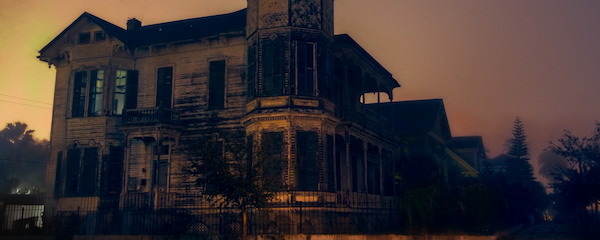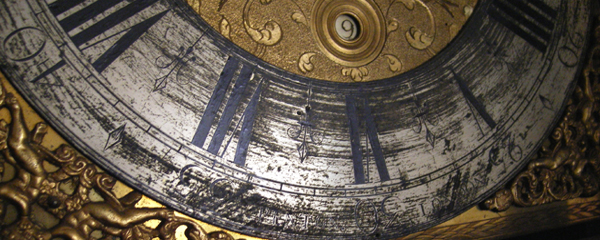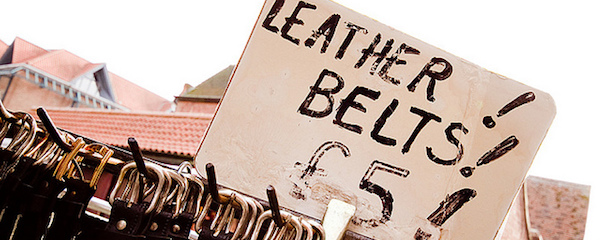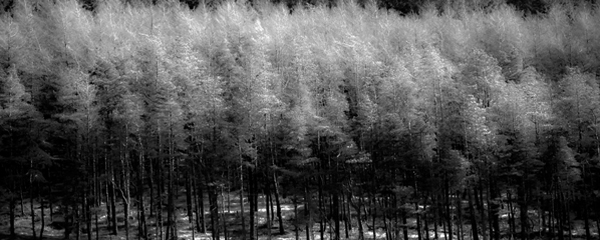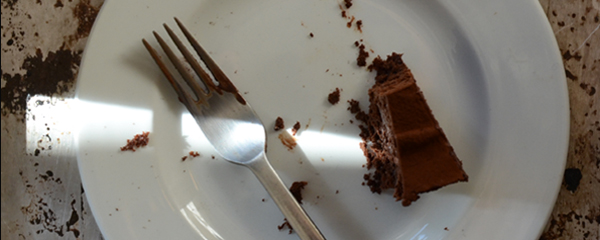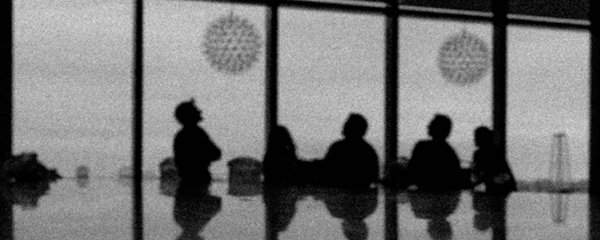SHORT STORY ADAPTATIONS: this month, Dr. CHRIS MACHELL examines Roger Corman’s gothic adaptation of Edgar Allan Poe’s ‘The Fall of the House of Usher’: ‘House of Usher is perhaps Corman’s most interesting adaptation in that, departing quite drastically from Poe’s narrative, it still captures the excess of Poe’s gothic aesthetic. Retaining the histrionics of Poe’s story, Corman’s House of Usher represents Poe’s imaginative hyper-reality with vivid, saturated colour, a wildly over the top central performance from Vincent Price, and a pulpy, kitsch sensibility…’
MIKE SMITH finds a short story hidden in the pages of Arthur Miller’s autobiography: ‘I got the distinct sense that I was reading a very good, well-structured and polished short story … a story beautifully told, with a clear beginning…’
INTERVIEW: In this exclusive interview, Alison MacLeod talks with Zoe Gilbert about three of her recent short stories – collected in all the beloved ghosts – inspired by Anton Chekhov, discussing the subtle humours of his work, his lightness of touch and his anti-heroic view of human nature.
TOBY PARKER REES looks at life and death in Thomas Bernhard’s laconic short story collection, The Voice Imitator: ‘The qualities of the individual stories are important – they are funny, quietly affecting and beautifully composed – but it is the accrued silence between them that gives The Voice Imitator its heft…’
SHORT STORY ADAPTATIONS: this month, Dr. CHRIS MACHELL explores the film adaptation of ‘The Dead’, one of James Joyce’s most celebrated short stories: ‘Although he was American, Huston had Irish citizenship and famously loved the country. It is surely apt, then, that the words of his final film should have come from one of Ireland’s most renowned writers, but more than that, that those words are a reflection on the inevitable falling of vitality into mortality…’
Author MARY O’DONNELL guides us through an excision of the exclamation mark in fiction: ‘So, how to perform what I call an Exclamectomy? For most of us, it’s actually a question of becoming more aware of the sound of things, and of the voice in which a phrase is uttered…’
DR CHRIS MACHELL on short story adaptations: this month Machell delves into Apocalypse Now, Francis Ford Coppola’s 1979 adaptation of Joseph Conrad’s novella Heart of Darkness, as well as the more recent, subsequent adaptation into brutal video game, Spec Ops: The Line.
K.S.DEARSLEY probes the hidden depths in D. H. Lawrence’s ‘The Prussian Officer’:’…any reader expecting to find explicit sex will be disappointed. Lawrence’s writing is far more subtle, working by the power of suggestion, so you could make a case to say that the only sex in the tale is what the reader’s imagination brings to it…’
HANNAH BROCKBANK tells us why she admires ‘Chalk Mother’, an intense character driven short story by Liza Cody: ‘The environment crackles with connection and purpose but the daughter cannot fully be part of it. Instead, she frets about missing school. This important image transcends physical description and shows us what makes the narrator tick and what situations allow her to connect with the world…’
MICHAEL CAINES takes a walk through the underworld of Brigid Brophy’s short stories: ‘from its Shavian title onwards, ‘The Adventures of God in His Search for the Black Girl’ gives virtuoso voice to the figures excluded by convention from charmed settings such as deer-haunted forests and the pastoral Golden Age…’
